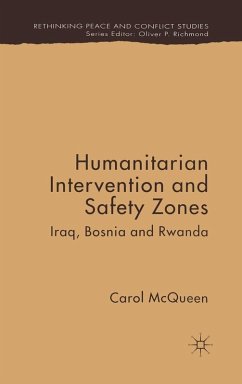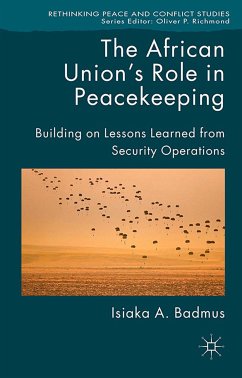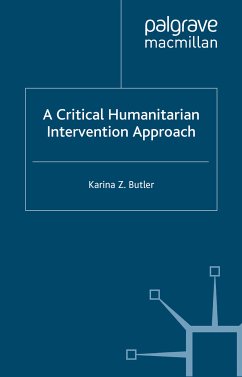Neither willing to engage in a meaningful way to save targeted civilians in Iraq, Bosnia and Rwanda nor to stand entirely aside as massive violations of humanitarian law occurred, states embraced safety zones as a means to 'do something' whilst avoiding being drawn into open warfare. Humanitarian Intervention and Safety Zones: Iraq, Bosnia and Rwanda explores why and how effectively safety zones were implemented as a way to protect civilians and displaced persons in three of the most important conflicts of the 1990s. It shows how states consistently sought to reconcile their political and humanitarian interests, a process which often led to problematic and ambiguous outcomes, and assesses in fascinating detail the difficulties and controversies surrounding the use of such zones, variously called safe havens, safe areas, secure humanitarian areas, and zones humanitaires sûres . The book also asks whether or not such zones could serve as precedents for possible future attempts to ensure the safety of civilians in complex humanitarian emergencies.
Dieser Download kann aus rechtlichen Gründen nur mit Rechnungsadresse in A, B, BG, CY, CZ, D, DK, EW, E, FIN, F, GR, HR, H, IRL, I, LT, L, LR, M, NL, PL, P, R, S, SLO, SK ausgeliefert werden.









